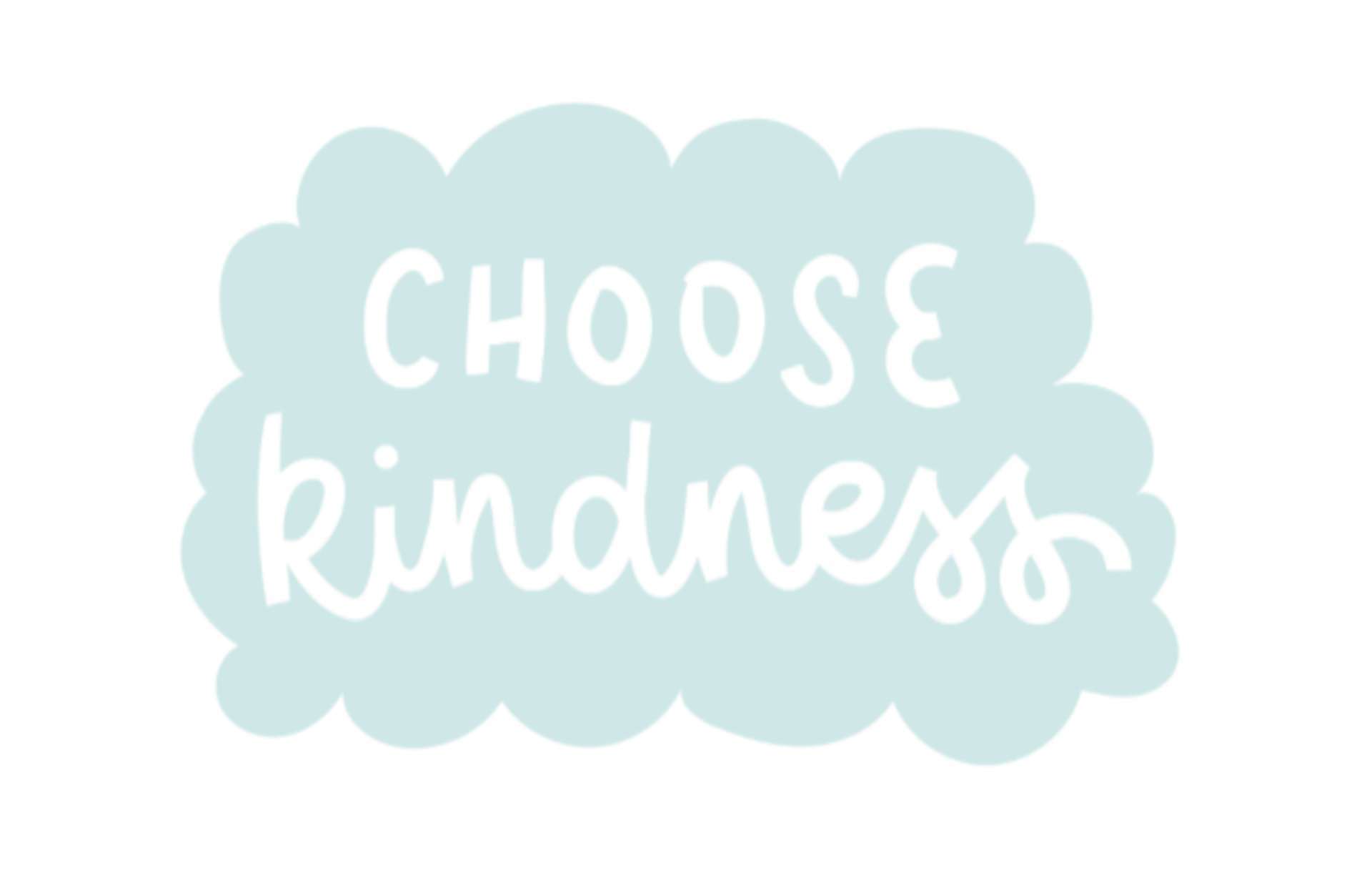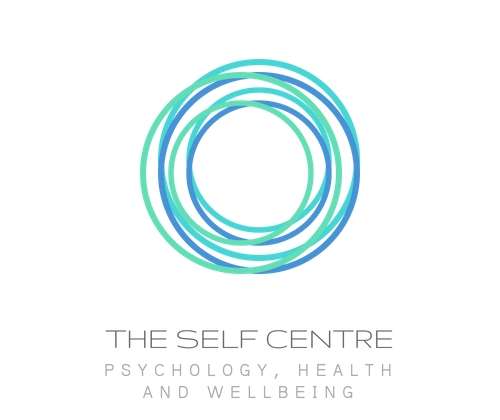
The Profound Benefits of Kindness Towards Others and Yourself
Kindness is a universal language that transcends cultural boundaries and connects us on a fundamental human level. Beyond its inherent moral value, kindness has far-reaching benefits that extend to our mood, brain, and relationships, both with others and with ourselves. In this essay, we will explore the profound advantages of cultivating kindness in our lives.
Benefits to Mood:
One of the most immediate and noticeable benefits of being kind to others and oneself is the improvement in mood. Acts of kindness trigger the release of neurochemicals like serotonin and oxytocin, often referred to as “feel-good” hormones. These substances promote a sense of happiness and well-being, contributing to an overall uplifted mood. Engaging in kind acts, whether small or grand, creates a positive feedback loop where you feel better, and as a result, you’re more inclined to continue being kind.
Moreover, kindness has the power to alleviate stress and reduce anxiety. When you perform acts of kindness, you divert your focus away from your own worries and redirect it towards the needs and feelings of others. This shift in perspective can be remarkably effective in reducing stress and promoting a sense of calm.
Benefits to the Brain:
The brain, as the epicenter of our thoughts and emotions, is profoundly influenced by kindness. Studies have shown that practicing kindness can lead to structural changes in the brain, particularly in areas associated with empathy and compassion. The brain adapts and becomes more attuned to recognizing the emotions of others, leading to enhanced interpersonal skills and a greater ability to navigate social situations effectively.
Furthermore, practicing kindness can improve cognitive function. Engaging in acts of kindness stimulates areas of the brain associated with pleasure, which can enhance focus and decision-making abilities. This suggests that kindness is not only beneficial for our emotional well-being but also for our cognitive functioning, making us more efficient and productive individuals.
Benefits to Relationships:
Kindness is the glue that binds individuals and forms the foundation of meaningful relationships. When we are kind to others, we build trust, empathy, and rapport. Kindness fosters an environment where people feel safe, respected, and valued, leading to stronger and more enduring connections.
In romantic relationships, kindness plays a pivotal role in maintaining and deepening the bond between partners. Studies have shown that acts of kindness and appreciation are among the top predictors of relationship satisfaction. Kindness not only strengthens the emotional connection but also acts as a buffer during times of conflict or stress, allowing couples to navigate challenges more effectively.
In the realm of friendships, kindness leads to the formation of tight-knit support networks. Friends who are consistently kind to one another provide emotional support, share in each other’s joys and sorrows, and contribute to each other’s overall well-being. These bonds can be a source of immense happiness and resilience in the face of life’s challenges.
Benefits to Self:
Finally, let us not forget the importance of being kind to oneself. Self-compassion is a fundamental aspect of overall well-being. Just as kindness towards others can enhance mood and relationships, self-kindness can boost self-esteem and self-worth. When we treat ourselves with the same care and understanding that we extend to others, we create a nurturing inner environment that fosters self-growth and resilience.
In conclusion, the benefits of being kind to others and oneself are profound and far-reaching. Kindness enhances our mood, reshapes our brain for the better, strengthens our relationships, and promotes self-compassion. It is a powerful force that can transform not only our individual lives but also the world around us. As we embrace kindness as a way of life, we unlock its incredible potential to create a more compassionate, connected, and harmonious society.
